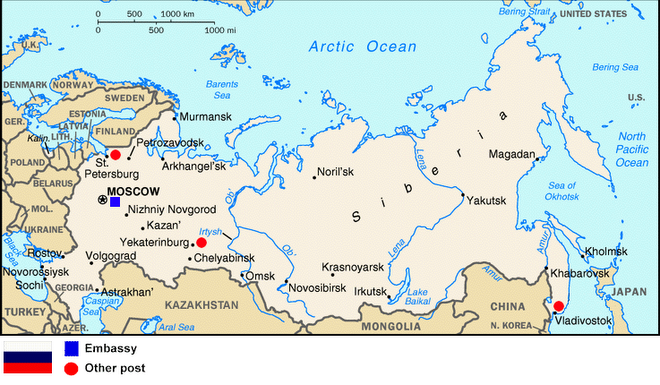
Today I was more than mildly amused by this piece in the alerts I receive from http://www.businessneweurope.eu/; the actually rather good news service I subscribe to for central and eastern; south eastern Europe; Russia and central Asia:
Hollywood stars to back Serbia over Kosovo
Bne
Hollywood stars George Clooney and Sharon Stone have voiced support for Serbia's attempt to retain control of the breakaway province Kosovo, according to a report by Serb language German daily Vesti.Clooney said "I will, with my colleague and friend Sharon Stone and her childhood friends, who are of Serb origin, organize a protest soon over the attempt to have Kosovo declare independence," the paper quoted him as saying. The Serbian news agency Tanjug reported on January 21 -- citing unnamed foreign media -- that two other stars, Sean Connery and Richard Gere, have also voiced support for Serbia's case.-18-240108
[Incidentally, the great thing about BNE is the investment banking, banking and corporate newswire service it has. Its political commentary, while colourful, is I find a little more eccentrically hit-and-miss].
It is often pre-supposed that all Westerners support independence for Kosovo. Not true.
This is not because I am slavishly pro-Slav: the pan-Slav political bloc, as a cohesive geopolitical force, has raised its paranoia to an almost psychotically delusional level. The world is not pathologically anti-Slav. Moreover, not supporting an independent Kosovo is not, for a scintilla of a moment, to excuse the appalling behaviour of the Milosevic-era Serbian state in the 1990s. NATO was right to intervene as it did in 1999. Still, it is nice for once to be on the same side as some liberally-minded celebs...
Breaking the world up into ever smaller and smaller micro-states, based on ethnicity, is not a sensible way forward. It only serves to enhance ethnic and religious divide in the world, not establish sustainable cohabitation. Microstates:
- Find it more difficult to protect citizen interests against the behemoths of global super-sized corporate giants
- Generally suffer in global capital and foreign exchange markets
- Find infrastructural investment more difficult and more costly per unit
- Over-spend on central government services as a proportion of GDP and yet, paradoxically, find their ability to fund social and welfare programs more compromised
- Are more vulnerable to global economic shocks
(And these were just the reasons I pondered on the Metro home tonight).
In the giddy heyday of the post-Cold War era, we were all (I think) much taken with the concept of soft power over hard power. As Britain is finding in its relations with Russia today, soft power doesn’t work: it is no power at all. Dividing Europe into ever smaller and smaller pieces – and this applies just as much to ETA-conceived Catalonia; and to other would-be secessionist regions - only serves to weaken the voices of European citizens, not to strengthen it. It goes against the grain of developing a multi-polar world and, frankly, only America stands to benefit.
Russia and China – not only for the obvious reasons of Chechnya and Taipei, respectively – oppose secessionism. But for Russia this is a rather… er… nuance-lite argument based on Slavic nationalism, religiosity and, in short, a ‘grand plan’ spoiling of US and EU/NATO policy in the Balkans (‘Russia getting back into the Balkan game’). It is hardly noble: nor, to date, terribly effective.
A much more reasoned argument for Russia – using both hard power and elusive soft-power – is to demonstrate the constructive benefits of keeping a unified Serbia. Which, BTW, includes the Russian government stepping up to use its now vast wealth for infrastructural and industrial investment in Serbia, including in Kosovo: on an ethnically-blind basis. Allowing Gazprom to buy Serbian energy monopoly, NIS, is not what we’re talking about here. We’re talking structural, long-term macro-economic aid.
It would make a nice change for Russia to be someone else’s deep pocket of last resort; rather than relying on the EU/EBRD. Ultimately, Serbian policy, over the long-run, will follow the money. Selling off energy assets aside, Russia shouldn’t be too surprised if a weakened Serbia has no option but to follow an EU/NATO track (because enlargement-era history shows you can’t join the former unless you’ve joined the latter).
There is a good case to make for keeping Serbian intact: but Russia isn’t making it.





No comments:
Post a Comment